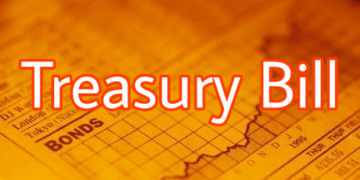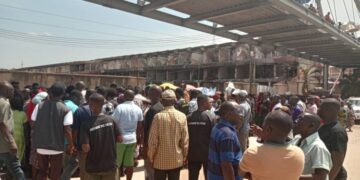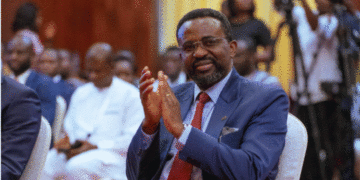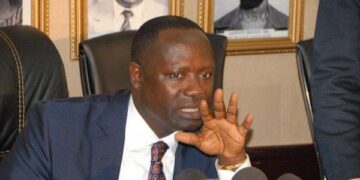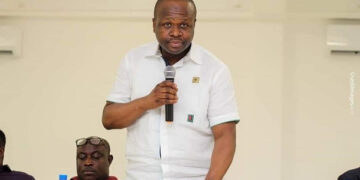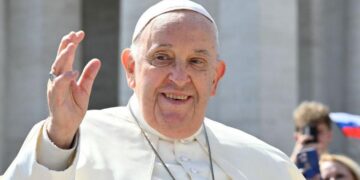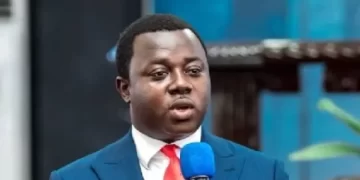Ghana, one of West Africa’s best-performing economies is seeking support from the International Monetary Fund (IMF) following the devastating effects of the current global economic crises.
The country is in dire economic condition due to the global twin crises of COVID-19 and the geopolitical tension between Russia and Ukraine, compelling the government to seek support from the Bretton Woods institution.
This follows a cabinet decision last Thursday after President of the Republic, Nana Akufo-Addo engaged the IMF Managing Director, Dr. Kristalian Georgieva, on the country’s decision to apply for the fund’s support.
Minister of Information, Kojo Oppong Nkrumah who was speaking on the back of the decision on JoyNews Sunday, July 3, 2022, said while Ghana was rebuilding its buffers and reserves after the 2020 war on COVID-19, the war in Europe has imposed more hardship on many Ghanaians at a time when the nation has no buffers.
“First, this is not domestically induced but rather an externally induced crisis. The country has been negatively impacted by the twin effects of the COVID-19 pandemic and the Russia-Ukraine war. This situation has been exacerbated by the adverse implication of global supply chain disruptions causing our economy to be in distress,” the Minister said.
He explained that for government to be able to respond appropriately it needs to tap into the cheapest and easily available option for mitigating these crises, which is the IMF.
This, the Minister said, has become even more important as domestic measures to contain the impact of the second crisis on the country’s fiscals are yet to yield optimal results.
He assured Ghanaians of the government’s determination to safeguard the country’s interests. He said the current administration has a proven track record of putting Ghana first and will do anything it takes to make sure the country does not come up short in its negotiations with the IMF.
Prior to the onslaught of the crises, Ghana witnessed an average annual Gross Domestic Product (GDP) growth rate of 7 per cent in 2017, 2018, 2019 and part of 2020, when the economy was then generally acknowledged as one of the fastest-growing in the world.
Then came the COVID-19 pandemic that slowed the country’s economic momentum. The country made a gradual rebound with a good economic outlook in 2021 in the short to medium term, contingent on an increase in demand for Ghana’s exports, improved business confidence, and successful implementation of the Ghana COVID–19 Alleviation and Revitalization of Enterprise Support program. Ghana ended 2021 with 5.4 per cent in growth.
However, the Russia-Ukraine war derailed the country’s growth again causing unfavourable increases in fuel prices, shortage of fertilizer and essential agro-processing inputs with its associated inflationary pressures.
Ghana is not the only African country seeking support from the IMF on the back of the adverse impact of COVID-19 on the global economy.
Other countries that have gone for support include; Kenya, Egypt, Cote d’Ivoire, Ethiopia and Morocco.











